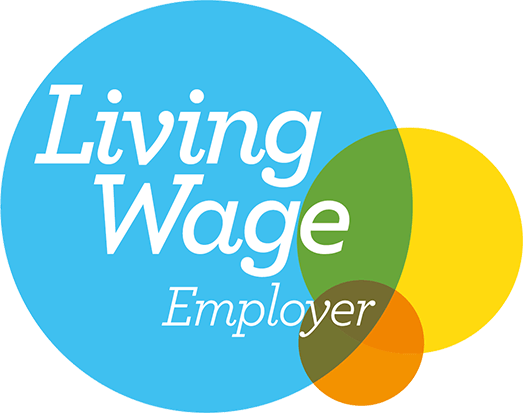News
Judicial Review: Why it is used and how to avoid it
3 December 2021
The best thing to do is make sure your case has been considered correctly before you start popping champagne corks!

As planning consultants, we all enjoy that “high five” moment when a difficult planning application receives a vote of approval from members of a planning committee – particularly when the application has been controversial or received objections from third parties.
We know, however, that the endorsement of an application by elected members is not always the final hurdle – interested parties still have the legal right to challenge the LPA’s decision through the courts, and there are some important steps that applicants can take to help mitigate the risk of that arising.
Of course, a legal challenge to the granting of permission is not an opportunity for the party challenging the decision to re-open debate on the merits of an application. Essentially, a legal challenge, or ‘Judicial Review’, is an examination of the process that the LPA has followed in reaching their decision. For example, did they assess all the relevant material planning considerations in the correct manner? Were they informed correctly of those issues by Officers (either in the published reports, or at the committee meeting itself)? And were the members rational and objective in reaching the decision that they did?
A misstep at any one of these stages might make the applicant’s permission vulnerable to a legal challenge – those celebrations at the end of the committee might quickly turn to sour faces and expensive delays if the case ends up in the High Court.
Of course, it’s the LPA that is faced with defending its decision-making, but with public finances evermore stretched, it is often the applicant that has to – at the very least – support them in doing so. So, it is important to remember that the consultant’s role is not just to promote the application and ensure consent is granted, but also to assist the LPA in reaching a legally-sound decision.
To help mitigate that risk, in an increasingly competitive market, we make sure to keep on top of the council’s overall approach very carefully. Have all relevant documents been made publicly available, and have interested parties been given an opportunity to comment? Has the officer addressed all the matters correctly and sufficiently within their report to the committee? And are the committee members informed and entitled to vote when they do so?
If there’s a doubt, then it is better to get the issue corrected either by officers themselves, or by the applicant speaking at the committee meeting. We want to make sure that members are on the straight and narrow and that any mitigations are made in the public domain to ensure transparency.
As we move back to more frequent in-person committee meetings, the challenge of managing virtual committees is fading. But that doesn’t mean the risk of errors is any less present. The best thing to do is make sure your case has been considered correctly before you start popping champagne corks!







